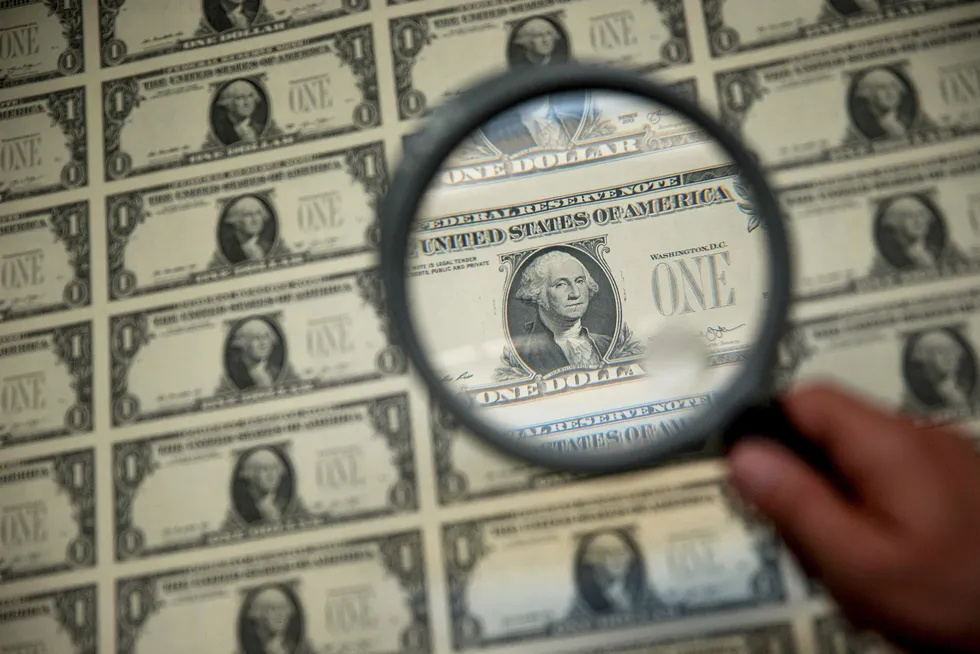Great power conflict puts the dollar’s exorbitant privilege under threat
Since the end of the cold war, the world has largely enjoyed a unipolar era – the US was the undisputed hegemon, globalisation was the economic order and the dollar was the currency of choice. But today, geopolitics once again poses a formidable set of challenges to the existing world order. That means investors have to discount new risks.
